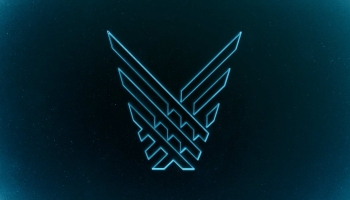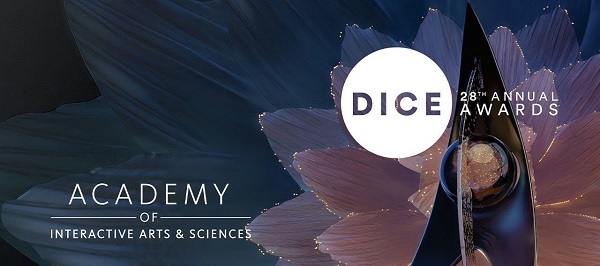
Astro Bot had the momentum coming out of the 2024 Game Awards with four total wins, including “Game of the Year” honors. But there wasn’t a clear frontrunner going into awards season, and there was no guarantee it would be able to fend off the rest of this year’s field of contenders forever.
All that said, Sony’s adorable little automaton ended up dominating the 2024-2025 DICE Awards in similar fashion. Astro Bot, and developers from Team Asobi, took home the “Game of the Year” prize last night, as well as statuettes for “Family Game of the Year”, “Outstanding Achievement in Game Design”, “Outstanding Technical Achievement”, and “Outstanding Achievement in Animation”.
Not to be outdone, the rest of the “Game of the Year” contenders performed pretty well during rest of the ceremony, with Helldivers II, Balatro, and Indiana Jones and the Great Circle divvying up the majority of the remaining awards.
Helldivers II nearly matched Astro Bot‘s total as it collected four statuettes for “Online Game of the Year”, “Action Game of the Year”, “Outstanding Achievement in Original Music Composition”, and “Outstanding Achievement in Audio Design”.
Meanwhile, Balatro (“Mobile Game of the Year”, “Strategy/Simulation Game of the Year”, and “Outstanding Achievement for an Independent Game”) and Indiana Jones and the Great Circle (“Adventure Game of the Year”, “Outstanding Achievement in Character”, and “Outstanding Achievement in Story”) earned three awards apiece.
Kinda Funny’s Greg Miller and IGN’s Stella Chung returned to host this year’s DICE Awards, and you can watch a full replay of the ceremony (as well as find a complete list of all the winners and nominees) after the break.
[Continue Reading…]


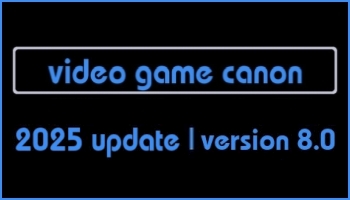


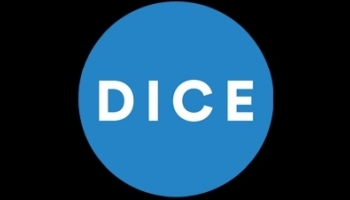
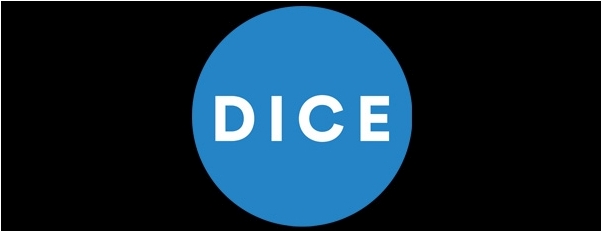
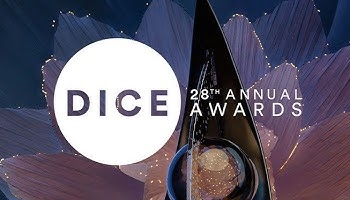

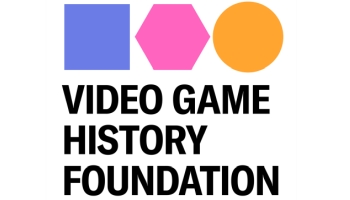

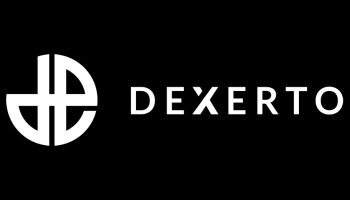





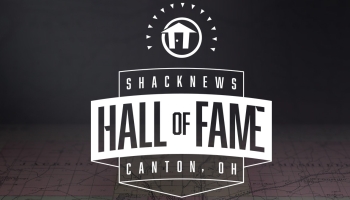
 The whole world is getting ready to close the book on 2024, which means that it’s also time to meet the newest inductees to the
The whole world is getting ready to close the book on 2024, which means that it’s also time to meet the newest inductees to the 